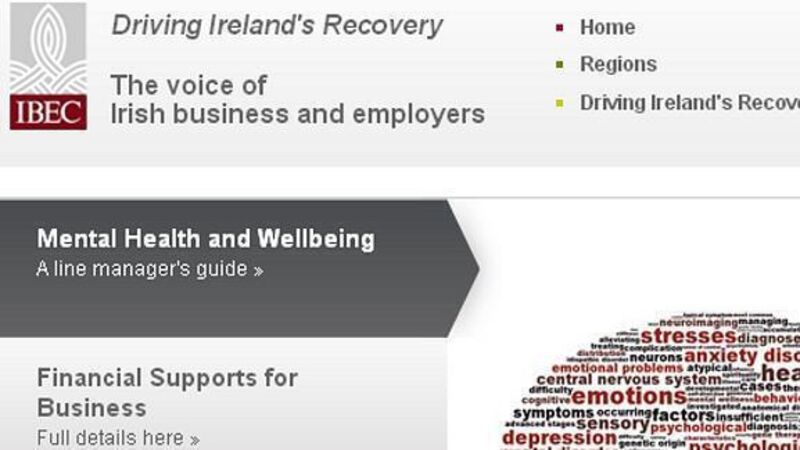Ibec not opposed to levy raising extra €150m for student education

However, it says a student- loan scheme is the only sustainable way of bridging a higher education shortfall heading for €1bn a year.
The National Training Fund levy raises €340m a year by ringfencing amounts worth 0.7% of employees’ earnings, from PRSI contributions by employers.













